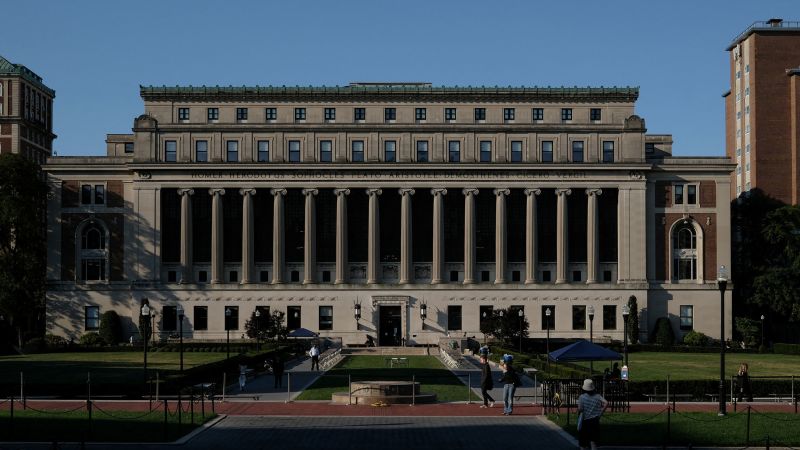Columbia University is in advanced negotiations with the Trump administration to secure the reinstatement of over $400 million in federal funding. Following months of discussions, the university is expected to agree to a multimillion-dollar settlement aimed at addressing allegations of civil rights violations, enhancing campus security for Jewish students, and revising its diversity, equity, and inclusion policies.
Sources familiar with the negotiations indicate that the university plans to implement several measures, including increased transparency in hiring and admissions processes. In exchange for these commitments, Columbia would regain access to crucial federal funds that the Trump administration had previously removed due to concerns over antisemitism on campus.
Upcoming Meetings and Potential Implications
Officials from Columbia and the Trump administration are scheduled to meet next week at the White House, where they will discuss the final terms of the agreement. Although the deal is not yet finalized, it has the potential to set a precedent for other universities facing similar pressures.
The Trump administration has been advocating for universities, including Harvard University, to take definitive action against antisemitism, with financial penalties being a core component of their negotiations. The administration’s approach has raised significant questions regarding academic freedom and the proper role of federal oversight in higher education.
During a board of trustees meeting on July 6, 2023, the university reviewed the proposed terms of the agreement. Columbia’s approach has been described as less confrontational compared to Harvard’s, allowing for a more amicable negotiation process. A spokesperson for Columbia emphasized that talks are ongoing, stating, “The University is focused on advancing discussions with the federal government. There is no resolution at this time.”
Financial Pressures and University Statements
The financial pressures exerted by the Trump administration have prompted heightened urgency within Columbia. Acting President Claire Shipman expressed concerns about the potential impact of federal funding cuts on the university’s research capabilities. In a letter to the Columbia community, she described the situation as “increasingly acute,” emphasizing that renowned scientists and researchers are at risk of losing critical funding.
Shipman reiterated the university’s commitment to addressing the rise in antisemitic incidents on campus, acknowledging that while progress has been made, more work is needed. “We’ve committed to change, we’ve made progress, but we have more to do,” she stated.
As negotiations progress, the outcome could not only reshape Columbia’s future but also influence how other educational institutions navigate federal funding and compliance with government mandates. The developments in this case reflect broader political strategies that the Trump administration is employing in an effort to address contentious issues on college campuses.
